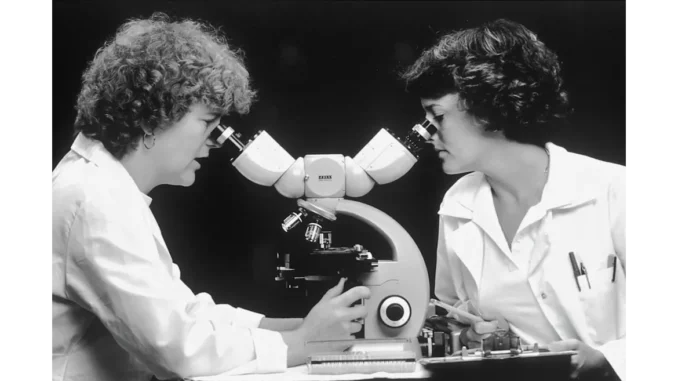
In a modest office with a view of the picturesque University of Wollongong campus, I had the opportunity to engage with Dr. Emily Thompson, a distinguished expert in oncology research. Her enthusiasm was infectious as she discussed the recent breakthroughs in cancer treatment initiated by the University, particularly their collaborative efforts in developing an innovative drug delivery platform poised to revolutionise the field.
Dr. Thompson, a veteran in cancer therapy analysis and a fervent supporter of medical innovation, began with an engaging introduction to the groundbreaking project. “The University of Wollongong is on an ambitious mission to reshape cancer treatment paradigms,” she proclaimed, her eyes alight with determination. “This initiative has the potential to redefine our approach to the most challenging cancers, starting with pancreatic cancer—a formidable adversary in the medical community.”
At the heart of our discussion was the cutting-edge platform designed to optimise the delivery of cancer drugs directly into solid tumours. The technology involves a biodegradable implant that promises to transform treatment protocols by targeting tumours with high-dose therapies while sparing healthy tissues. Dr. Thompson elucidated, “Our approach minimises the systemic side effects typically associated with chemotherapy, rendering treatments not only more effective but also more tolerable for patients.”
Pancreatic cancer, with its notoriously high mortality rate and scarce treatment options, stands at the forefront of this pioneering effort. Dr. Thompson elaborated on the harsh realities faced by patients diagnosed with this aggressive disease. “Survival rates remain below 10%, highlighting an urgent need for effective treatments,” she explained. “Delivering a potent combination of chemotherapy drugs directly into tumours is potentially transformative, shrinking them to a size amenable to surgical intervention.”
Our conversation delved into the specifics of this innovative platform. Dr. Thompson described how its minimally invasive delivery via standard endoscopy techniques allows precise tumour targeting. “By concentrating the drug at the tumour site, we maximise its efficacy while reducing the likelihood of systemic toxicity,” she continued. “This not only enhances potential survival rates but also significantly improves patients’ quality of life.”
One striking feature of the platform is its versatility beyond pancreatic cancer. Dr. Thompson emphasised the technology’s adaptability to various drug payloads, including small molecules and advanced biologics. “This flexibility is vital,” she noted, “as it permits us to tailor treatments for different solid tumours, fostering collaboration with biopharmaceutical companies in developing new therapies.”
This adaptability, she stressed, positions the platform as a cornerstone in the burgeoning field of precision oncology. “The future of cancer treatment lies in our ability to customise therapies to individual patient needs, and this platform is paving the way for such advancements,” Dr. Thompson remarked, her voice imbued with hope and optimism.
As our dialogue came to a close, Dr. Thompson reflected on the broader implications of this project. “UOW’s dedication to translating research into practical healthcare solutions is truly inspiring,” she said. “This partnership exemplifies the power of collaboration and innovation in tackling pressing global health challenges.”
The conversation left me with a deep sense of optimism. The journey towards clinical trials and eventual commercialisation of this platform promises to be transformative, aligning with modern trends in oncology that prioritise precision and targeted therapies. Dr. Thompson’s insights highlighted the importance of integrating research excellence with a commitment to improving patient outcomes, offering a pathway to more compassionate and effective cancer treatments.
As I departed the campus, the significance of our discussion lingered. It is evident that the University of Wollongong’s innovative approach to cancer therapy has the potential to not only transform treatment outcomes but also bring new hope to patients and families confronting the daunting reality of cancer. In a world where cancer remains a formidable foe, such advancements are not merely welcome—they are essential.


Be the first to comment